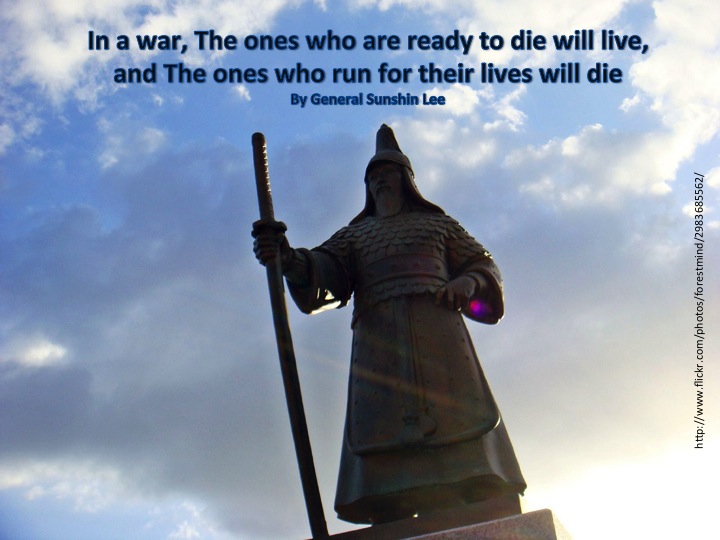I chose my inquiry project to be about the optical illusions since I was very interested how optical illusions work and things. At first I wanted to create an illusion myself to see how it works, but it wasn’t good enough so I chose my question as ‘Do optical illusions work through the eyes or the brains?’ First of all, I had to come up with an experiment that could prove something about my question. It took me quite a long time to figure out a way for the experiment.
My experiment:
1. chose 5 optical illusions
2. Show each of them to the audience twice
3. the first time without telling what will happen and on the second time, tell the audience what will happen.
4. My hypotenuse was that the first time they see the illusions, they may see something different than what it was meant to be, which means that the illusions that we see happens because we usually read the instructions before looking at the illusions.
The result of the beginning 3 people was not that satisfying because they all got the illusions almost perfectly. However, after that, I noticed that I accidentally left the instructions open. This is why I will exclude them from my result since there are chances that they may have seen the instruction. I have finished collecting all the datas from the participants except for Kayla. She can’t participate since she is sick. I am starting my presentation now. I hope that I could finish the powerpoint presentation by tomorrow.
I think even if my experiment was a failure I have learned lots of things from this experiment such as being comfortable with asking people to participate in my experiment. I think this was the most interesting inquiry project yet ^^

